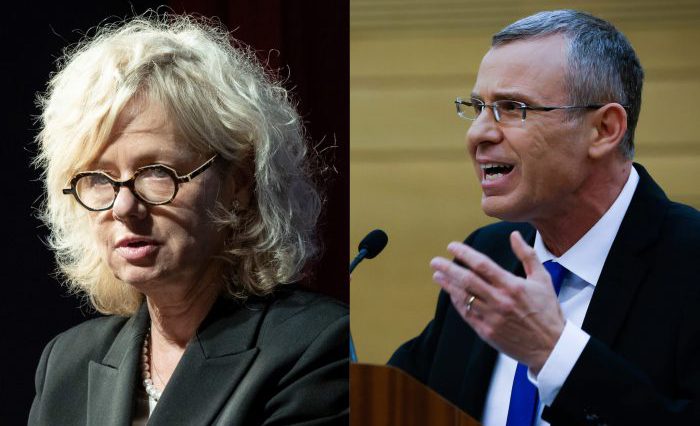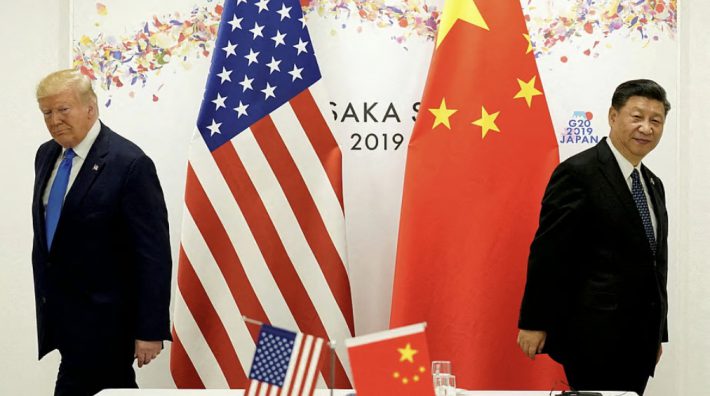Deputy AG Gil Limon rebukes Justice Minister Yariv Levin’s bid to sideline AG Baharav-Miara from the Sde Teiman leak case, framing it as unlawful interference while Levin alleges deep conflicts of interest.
Israel’s legal war room exploded into the open on Sunday as Deputy Attorney General Dr. Gil Limon torched Justice Minister Yariv Levin’s demand that Attorney General Gali Baharav-Miara recuse herself from the Sde Teiman video-leak investigation. In a letter bristling with constitutional steel, Limon said Levin’s move was an “unlawful attempt to interfere” with active investigative and enforcement processes—authority that does not reside with the justice minister.
Limon stressed the probe’s sensitivity and national importance, noting it is being directed at the highest levels of law enforcement—the AG, the State Prosecutor, and the Israel Police Investigations & Intelligence Division—and that it is advancing quickly on professional recommendations. Any political meddling, he warned, impedes justice.
Levin fired back, rejecting the AG’s stance and alleging a serious conflict of interest. Citing Section 23A of the Civil Service Law, he argued he may reassign matters where conflicts exist—not only for Baharav-Miara but for her subordinates as well. He claimed the AG (or her office) was personally entangled in matters under investigation—ranging from the leak’s handling to alleged obstruction, and misleading the Supreme Court with a September 16, 2025 filing that said the investigation had been exhausted due to the low chance of finding the source.
Levin’s pointed question: how did the AG’s office allegedly cite the leak’s background long before the then-Military Advocate General publicly acknowledged the motive? He demanded clarity on whether the AG or her staff met, spoke with, or directed the outgoing MAG, and whether professional consultations—such as with the Ministry for Diaspora Affairs & Combating Antisemitism—were skipped, allegedly concealing the global damage triggered by the defamatory leak.
Why it matters (Pro-Israel lens):
For a country fighting hybrid warfare and information ops, law-and-order integrity is strategic. Israelis deserve a justice system that protects soldiers, secures evidence, and resists politicization—whether pressure comes from media storms or partisan knives. Limon’s stand asserts institutional independence, while Levin’s push tests how far executive authority can go to purge perceived conflicts. The outcome will shape civil-military accountability, the credibility of wartime law enforcement, and Israel’s international posture against campaigns designed to smear the IDF.





